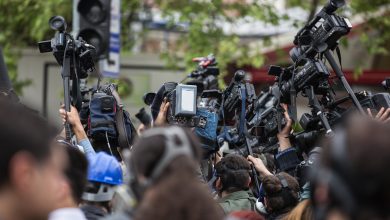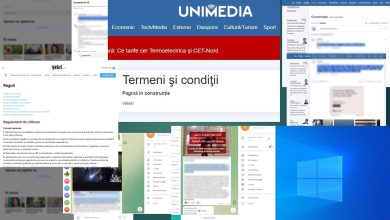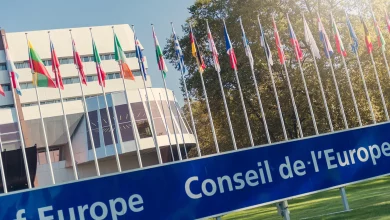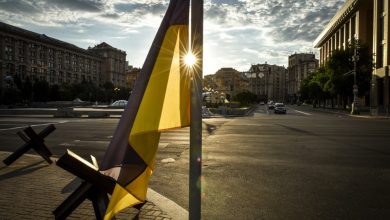Reactions after suspension of licenses of other six TV stations in Moldova

The suspension of the licenses of six television stations that “promoted foreign interests”, according to state authorities, sparked reactions. While the exponents of the government invoke efforts to protect democracy and citizens, and the stations talk about an attack on freedom of expression, media NGOs and the people’s advocate demand the substantiation of such measures by convincing arguments.
The decision to suspend the licenses of Orizont TV, ITV, Prime TV, Publika TV, Canal 2 and Canal 3 was made by the Commission for Exceptional Situations upon the recommendation of the Information and Security Service (ISS). “We have operative information, but also evidence that the Russian Federation influences the November 5 local elections and undermines the democratic process in our country. This is done by several methods, including well-established disinformation campaigns through certain TV stations, websites and social networks that are part of the arsenal of a hybrid war on our country,” argued the ISS Director Alexandru Musteata.
“These televisions are subordinated to the criminal groups of Plahotniuc and Shor, who united their efforts to destabilize the country. We have evidence that these stations are pursuing an interest from outside the Republic of Moldova, for destabilizing purposes. We will not allow this and will act promptly and decisively in the interests of the citizens,” Prime Minister Dorin Recean wrote on his Facebook page shortly after. And according to President Maia Sandu, the decision “is part of the response of the Moldovan authorities to protect the state and to protect democracy, especially in this election campaign, from attempts of interference by the Russian Federation in the electoral process in the Republic of Moldova.”
At the same time, the president of the Broadcasting Council (BC) said that the BC did not propose suspending TV stations, but only transmitted the relevant information to ISS. “(We are talking about) all the results of our controls, about the violation of concepts by TV stations, which showed how content migrates from one TV station to another. Or how founders were changed without the Council’s approval. ( … ) We are talking about deliberate disregard for the decisions of the Commission for Exceptional Situations. We had control over the availability of local content, when we fined the so-called Plahotniuc holding, when there are suspicions of concentrated activity. Everything is in our decisions,” Liliana Vițu explained for Newsmaker.md.
On the same day, several media NGOs and civil society organizations issued a statement “expressing concern about the perpetuation of the practices of suspending the licenses of television stations in the absence of extensive explanations on the factual and legal circumstances justifying such restrictive measures.” According to the signatory organizations, the prescription of the CES does not contain any arguments or references to “serious, compelling, justified and duly substantiated reasons” for the suspension. Moreover, there is a lack of accurate information about the sanctions previously applied by the BC to each of the targeted media service providers or about “multiple violations of legislation” found by the ISS.
The people’s advocate shares these concerns. “The implementation of mechanisms to counter threats to the security of the national information space can take place only under the conditions of compliance with international standards without prejudicing the freedom of the press or with minimal intrusions. In essence, the authorities must demonstrate that the suspension of the broadcasting license for audiovisual media services complies with the condition of minimum interference and that it strikes a fair balance between the competing principles of respect for the right to freedom of expression and respect for information security,” says the reaction signed by Ceslav Panico.
REACTION FROM TARGETED TELEVISIONS
Some of the stations targeted by the authorities’ decision invoke “an unprecedented attack on media freedom in the Republic of Moldova.” “All allegations against TV stations are gross falsehoods, without any evidence or legal justification. TV stations operate strictly in accordance with the provisions of the Code of Audiovisual Media Services and international standards in the field. The sanctions that have been talked about have nothing to do with allegations of disinformation, hybrid warfare or anything else,” says the press release of Orizont TV and ITV. In another statement, Prime TV and Publika TV said that the CES decision is “abusive and illegal” and that they will challenge it in court, in the meantime looking for technical solutions to reach viewers, according to Radio Free Europe.




